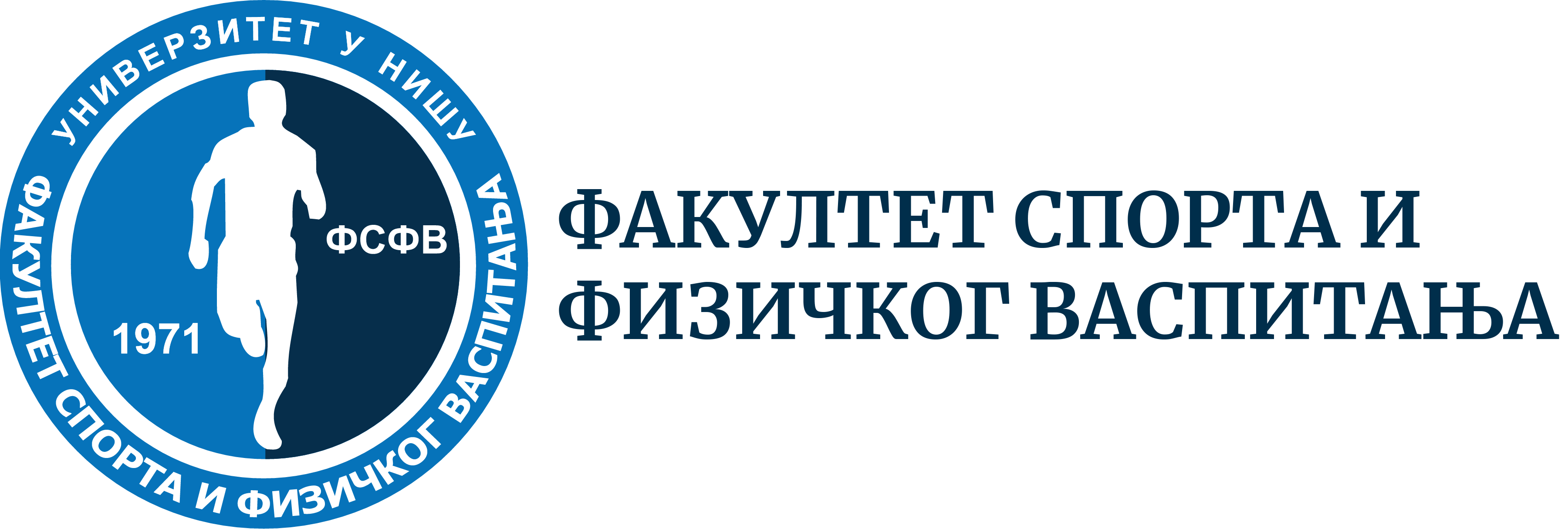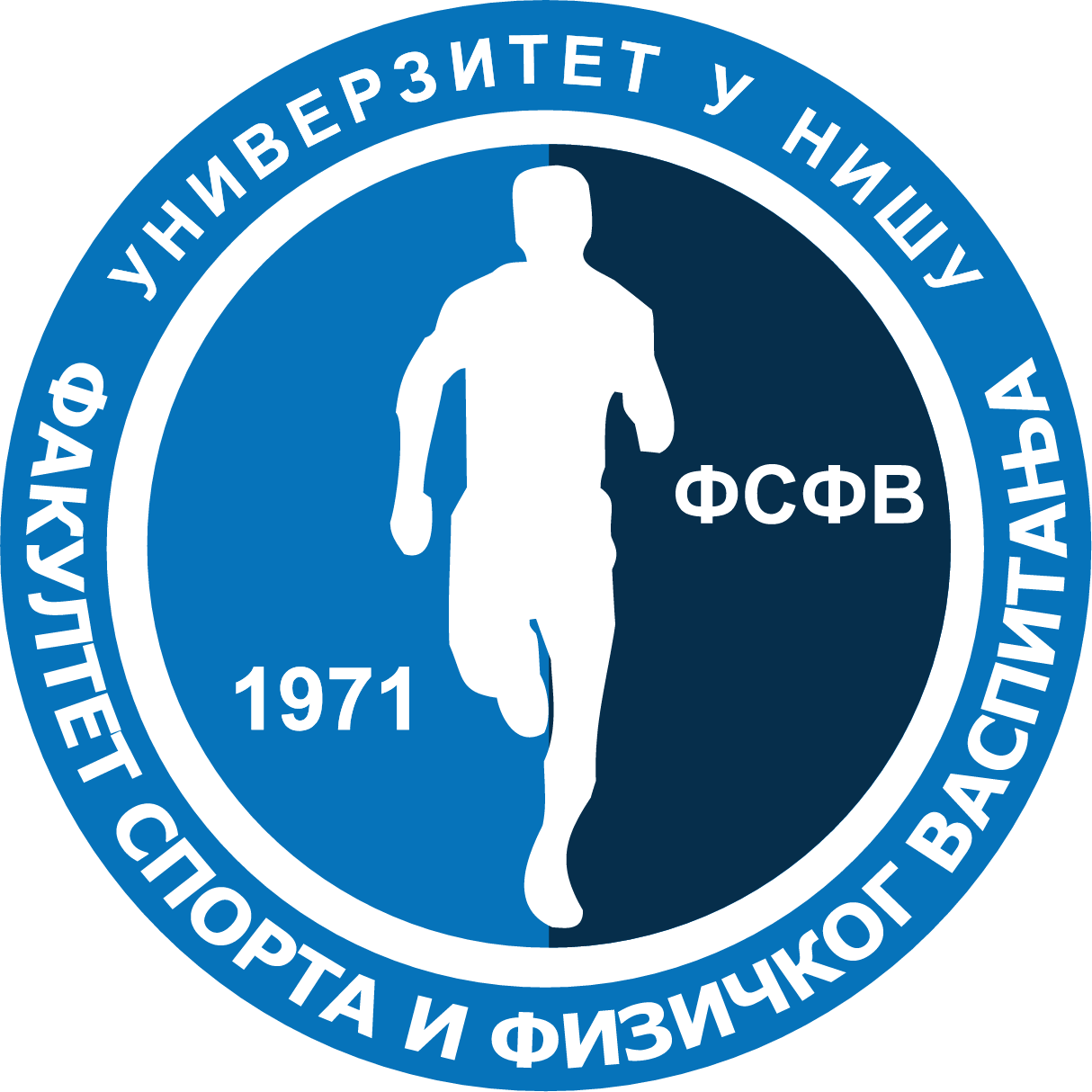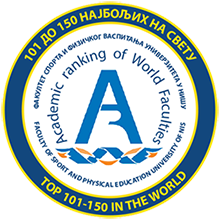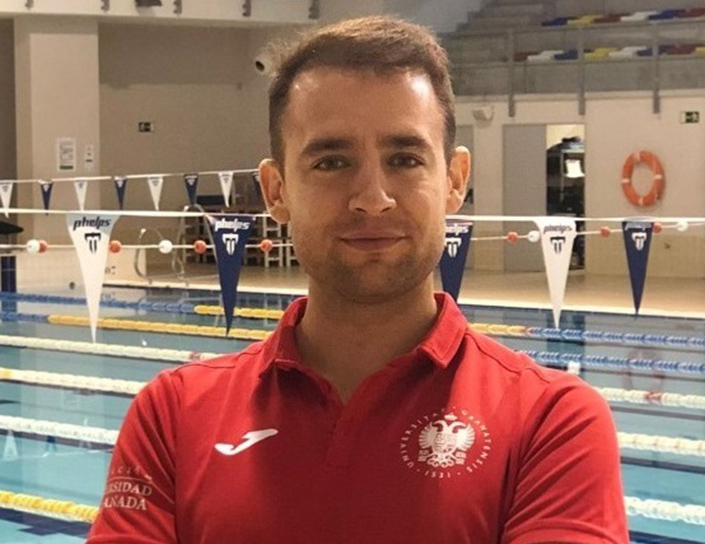
Проф. др Франциско Куенца Фернандез
Универзитет у Гранади, Гранада, Шпанија
Пабло де Олавиде, Универзитет у Севиљи, Шпанија
Загревање у пливању и пост-активацијска потенцијација (PAPE): полазне основе и препоруке за младе и одрасле
Swimming warm-up and PAPE: Fundamentals and considerations for youngs & adults
Биографија
Франциско Куенца-Фернандез је професор Основа пливања и Специфичне примене пливања на Пабло де Олавиде Универзитету у Севиљи. Докторску дисертацију из биомедицине одбранио је на Универзитету у Гранади и члан је истраживачког тима Пливачке лабораторије која ради на пројекту под називом "PAPE Effects in Swimming". Такође је и тренер пливања а ангажован је и као аналитичар у Андалузијској пливачкој федерацији у оквиру програма Experientia+. Награђен је за најбољи истраживачки рад ( Transformative Research Award for Best Research Paper – TRA) од Европске пливачке федерације LEN (European Aquatics) током конференције одржане 2023 године у Лајпцигу у Немачкој под називом „Биомеханика и медицина у пливању“. Њего рад је обухватио примену и развој научно заснованих чињеница на свакодневну праксу у пливању.
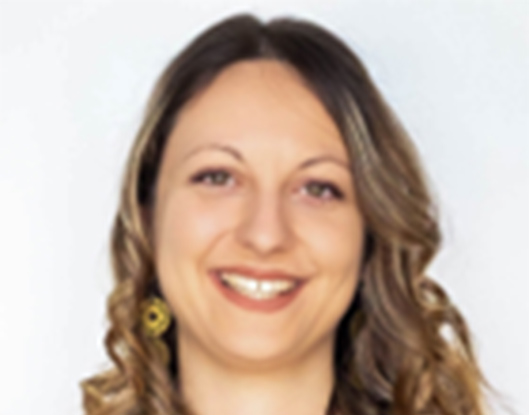
Проф. др Тијана Героски
Факултет инжењерских наука, Универзитет у Крагујевцу, Србија
Примена алгоритама вештачке интелигенције у анализи биомедицинских података
Application of artificial intelligence algorithms in biomedical data analysis
Биографија
Тијана Героски је ванредни професор на Факултету инжењерски наука Универзитета у Крагујевцу. Основне студије завршила је 2015, мастер студије 2017 а докторску дисертацију одбранила је 2023. године на истом факултету са оценом 10 као најбољи студент у генерацији. Њена докторска дисертација обрадила је тему примене вештачке интелигенције на процесирање биомедицинских сигнала у дијагностици обољења кичме. Била је Фулбрајтов стипендиста на постдокторским студијама на Универзитету у Луисвилу, САД (2024-2025).
Учествовала је у великом броју пројеката из групе Horizon и COST као и у билатералним и националним пројектима из области биомедицинског инжењерства и примене вештачке интелигенције у лечењу. Аутор је и коаутор 6 поглавља у књигама, 41 научног рада у међународним часописима, 69 радова и абстраката на међународним конференцијама и један је од рецензената за врхунске светске издаваче научних часописа као што су IEEE, Elsevier и Springer. Добитник је националних и међународних признања од којих се посебно истиче Лореалова награда Жене у науци из 2021. године. Била је у финалном избору за награду Жене у инжењерству 2024. године и члан је радне групе за израду националне стратегије за развој вештачке интелигенције у Србији. Њено поље истраживања укључује вештачку интелигенцију, процесирање биомедицинских сигнала као и алгоритме за машинско учење. Активно истражује спрегу алгоритама за вештачку интелигенцију и 3Д модела реконструкције, као улазне параметре бројних нумеричких модела анализе у софтверском пакету PAK.

